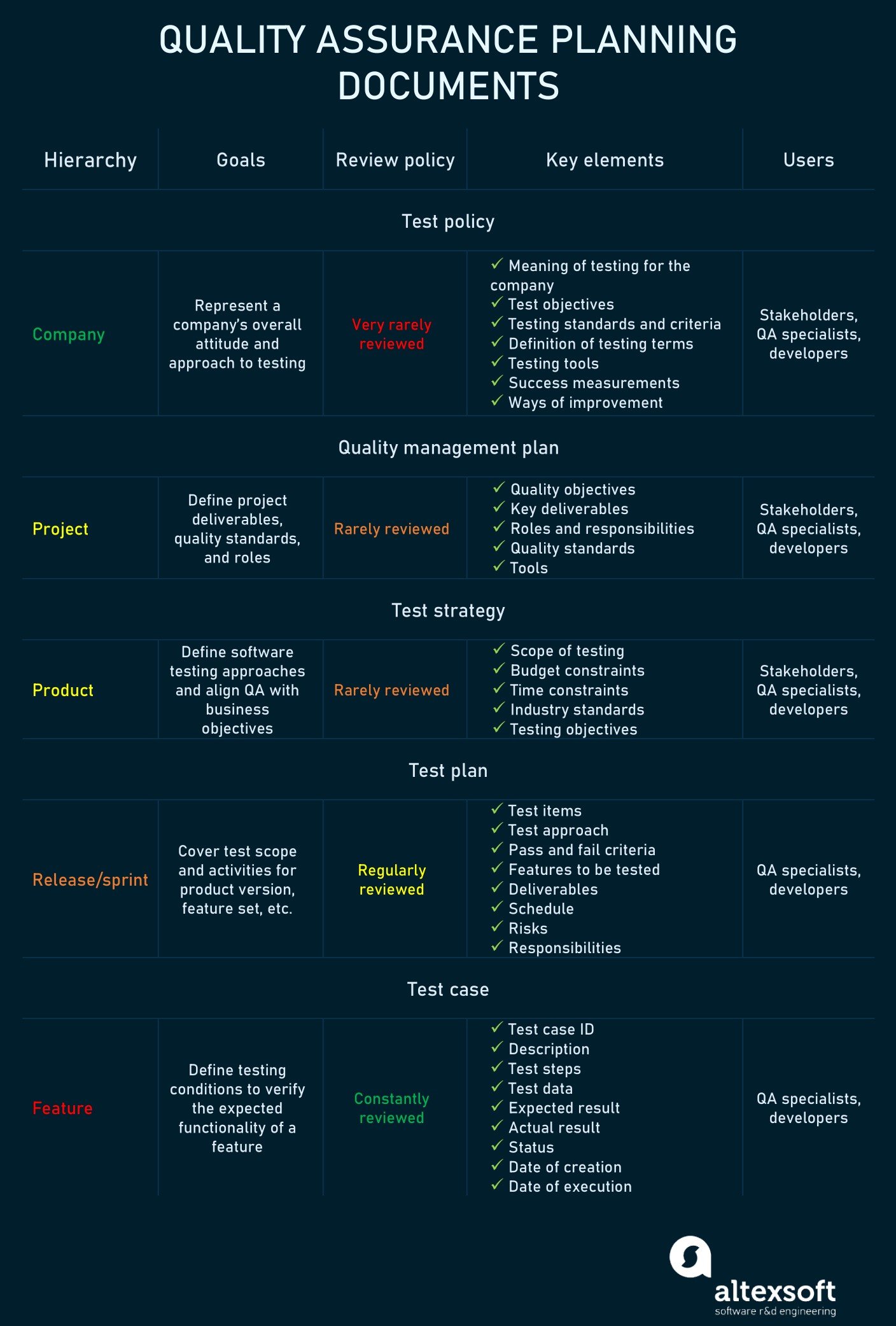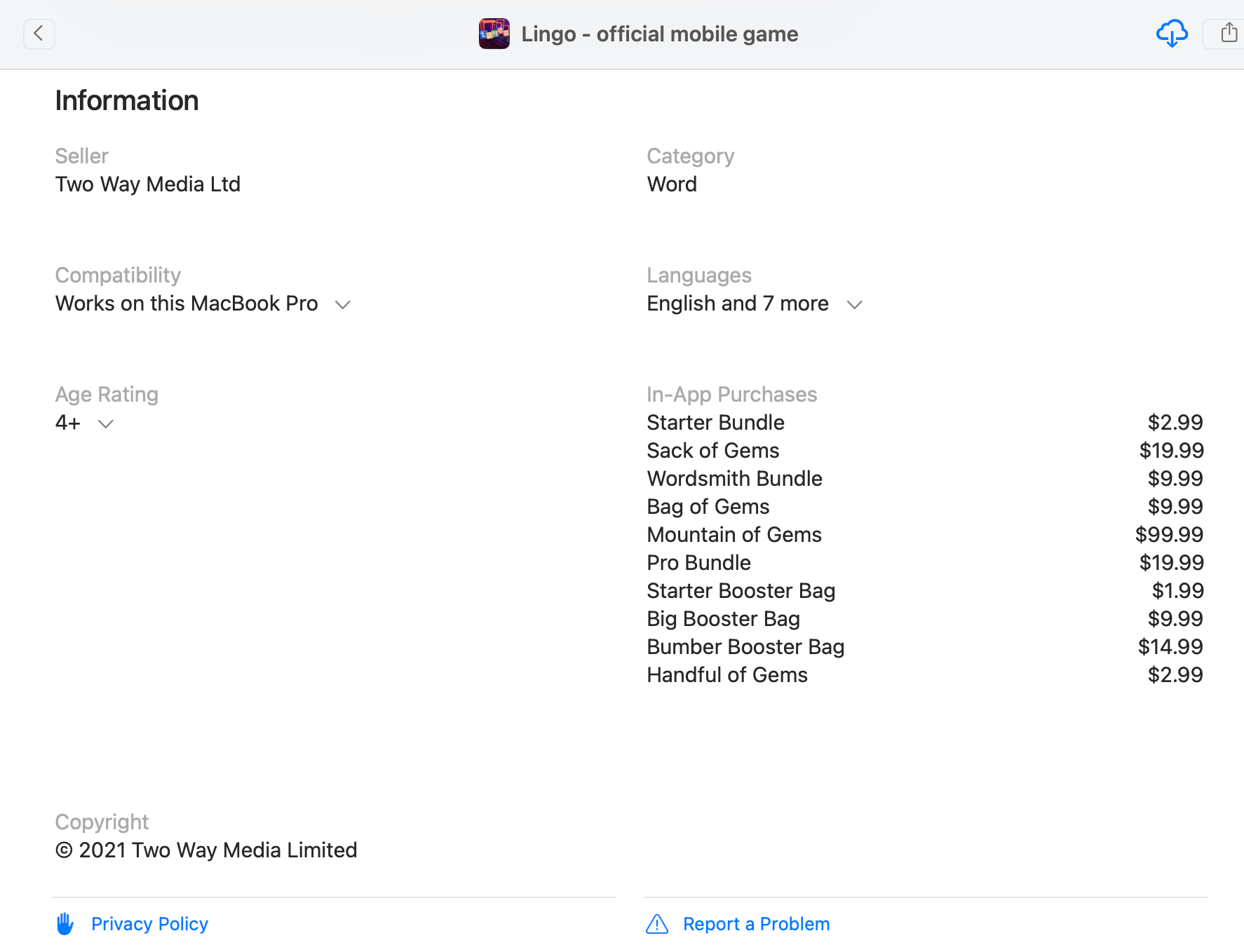

- SCIENTIFIC WORKPLACE 6 BLACK BOX POPS UP REPEATEDLY LICENSE
- SCIENTIFIC WORKPLACE 6 BLACK BOX POPS UP REPEATEDLY SERIES
- SCIENTIFIC WORKPLACE 6 BLACK BOX POPS UP REPEATEDLY DOWNLOAD
Is valuable as continuing, to a considerable extent, the history ofĮvents in Europe so far as that is consistent with the subject of The period onwards to the Crimean War, although containingīut few accounts of interest concerning the career of the Regiment, North-Eastern frontier by the Allies, up to the year 1818. The first few chapters deal with events that took place inįrance, after Waterloo, including the military occupation of the Justified in adding, with accuracy and marked ability. Great care and much labour, and the reader will, I trust, feel Origin and Services of the Coldstream Guards, from the victory of The following pages are a continuation of Colonel MacKinnon’s Produced from images made available by the HathiTrust Produced by KD Weeks, Brian Coe and the Online Distributed

*** START OF THIS PROJECT GUTENBERG EBOOK THE COLDSTREAM GUARDS *** Title: A History of the Coldstream Guards From 1815 to 1895 Have to check the laws of the country where you are located before using

If you are not located in the United States, you'll
SCIENTIFIC WORKPLACE 6 BLACK BOX POPS UP REPEATEDLY LICENSE
Of the Project Gutenberg License included with this eBook or online at You may copy it, give it away or re-use it under the terms Most other parts of the world at no cost and with almost no restrictions This eBook is for the use of anyone anywhere in the United States and The Project Gutenberg EBook of A History of the Coldstream Guards Fromġ815 to 1895, by C.B. Read more about how teacher practices impact student mindsets and achievement.A History of the Coldstream Guards, Robert Ross-of-Bladensburg. When students have a growth mindset, they take on challenges and learn from them, therefore increasing their abilities and achievement. For example, studies on different kinds of praise have shown that telling children they are smart encourages a fixed mindset, whereas praising hard work and effort cultivates a growth mindset. In addition to teaching kids about malleable intelligence, researchers started noticing that teacher practice has a big impact on student mindset, and the feedback that teachers give their students can either encourage a child to choose a challenge and increase achievement or look for an easy way out.
SCIENTIFIC WORKPLACE 6 BLACK BOX POPS UP REPEATEDLY DOWNLOAD
Download the lesson plan used in this intervention! For example, 7th graders who were taught that intelligence is malleable and shown how the brain grows with effort showed a clear increase in math grades.
SCIENTIFIC WORKPLACE 6 BLACK BOX POPS UP REPEATEDLY SERIES
So the researchers asked, “ Can we change mindsets? And if so, how?” This began a series of interventions and studies that prove we can indeed change a person’s mindset from fixed to growth, and when we do, it leads to increased motivation and achievement. It turns out, if you believe your brain can grow, you behave differently. These neuroscientific discoveries have shown us that we can increase our neural growth by the actions we take, such as using good strategies, asking questions, practicing, and following good nutrition and sleep habits.Īt the same time that these neuroscientific discoveries were gaining traction, researchers began to understand the link between mindsets and achievement. With practice, neural networks grow new connections, strengthen existing ones, and build insulation that speeds transmission of impulses. Research on brain plasticity has shown how connectivity between neurons can change with experience. Recent advances in neuroscience have shown us that the brain is far more malleable than we ever knew. Therefore they put in extra time and effort, and that leads to higher achievement. When students believe they can get smarter, they understand that effort makes them stronger. Dweck coined the terms fixed mindset and growth mindset to describe the underlying beliefs people have about learning and intelligence. After studying the behavior of thousands of children, Dr. They noticed that some students rebounded while other students seemed devastated by even the smallest setbacks. Over 30 years ago, Carol Dweck and her colleagues became interested in students' attitudes about failure.


 0 kommentar(er)
0 kommentar(er)
